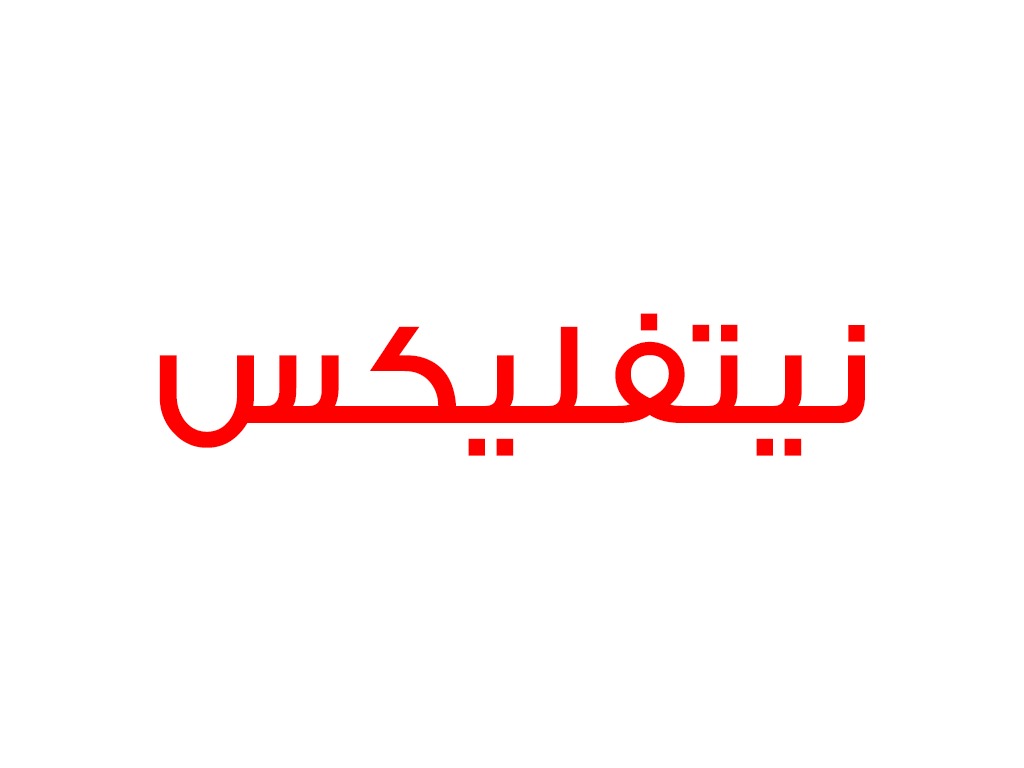BIG BRANDS AND TRANSLATION QUALITY
-
AUTHOR: moodban
-
December 17, 2019

BIG BRANDS AND TRANSLATION QUALITY
Netflix established their streaming service in 2007, and they publish their own TV shows and movies, and they keep growing as conventional TV is dying out, and now has close to 150 million subscribers.
Netflix originally started as a DVD rental service in the US in 1997, and surprisingly, still offers this service to this day. It is known for its on-demand video streaming service, which is now available on almost all platforms worldwide, including smartphones and smart TVs.
The huge catalog that the service offers differs from one region to another, so what a user might find using his account in a certain country might not be available in another, and the reasons are many behind this, some of which are licensing and copyrights.
This brings us to the main point.
Issues with subtitles and dubbing
Many of the videos are available everywhere, regardless of the region, having a large number of TV shows and movies available requires a lot of work regarding dubbing and adding subtitles, and Netflix takes this seriously to ensure that subscribers watch the content they desire, in the language that they desire. As a result, users will most probably at least find the subtitles they’re looking for, if not the dubbing.
Since Netflix employs many translators to work on different TV shows and movies, and having so many of them creates a problem; the varying levels of quality of the subtitles from one video to another.
With our eyes on online Arabic content around the clock, we at moodban as Netflix users couldn’t help but notice the inconsistency being displayed when it comes to the aforementioned problem with subtitles. While there is a different level of quality from one movie and TV show to another, sometimes the issue arises within the same series in different episodes, which happens when multiple translators work on the same series.
The Arab market is not insignificant by any means, and there are millions of users within this market, which could result in an impact on Netflix’s image, as sometimes the subtitles are not just inconsistent, but outright inaccurate, such as when uncommon English words are erroneously translated as names instead of the actual meaning, which causes misinterpretation of the message behind the content, or confusing the viewer at best.
Being lovers of the Arabic language, these types of issues trigger our attention (pun intended), as we work toward providing beautiful and accurate Arabic content.
Does this issue tick you off the same way? Share your opinion with us.